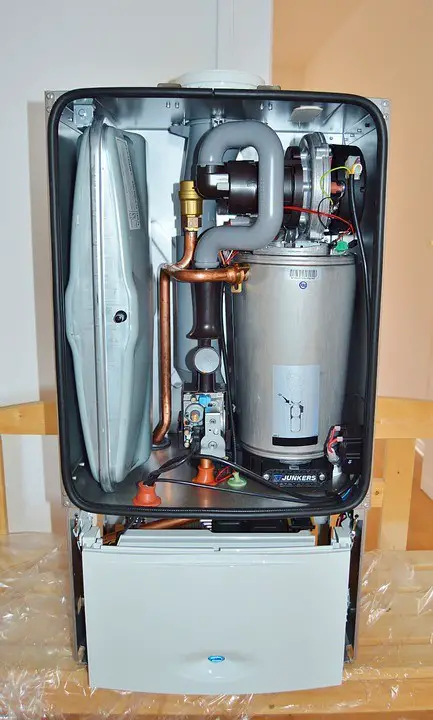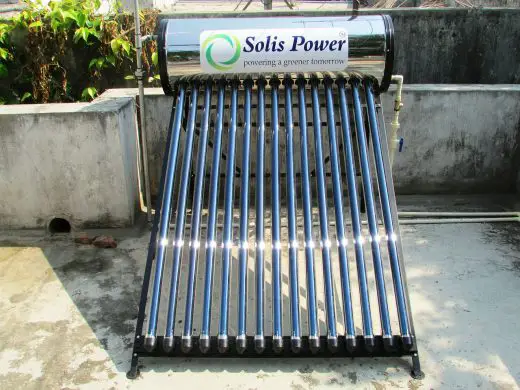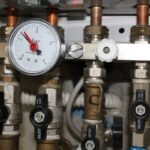How to install a tankless water heater advice, Home heating guide, House warmth tips
How to install a tankless water heater?
post updated 28 April 2025
Not sure whether to install a tankless water heater? Here is a guide to guide you
So you’re thinking about buying a water heating system for your home.
That’s a great idea.
Water heaters are your best bet for supplying hot water throughout the house.
But which one are you buying?
Conventional storage-tank heaters or tankless heaters?
Virtually every homeowner nowadays is making the jump to tankless heaters.
And for good reasons.
28 Oct 2020
How to install a tankless water heater guide
In this guide, we aim to tell you more about tankless heaters so as to encourage you to make a similar jump.
PRO TIP: When you’re ready to bring a tankless water heater into your home, feel free to contact Advanced Plumbing & Gas to help you with the installation.
What you should choose tankless water heaters
Although tankless water heaters have been around for quite some time, they were not the most popular type of heater with homeowners. Conventional Storage Tank Water Heaters had that title. Nowadays, however, tankless heaters are getting the recognition they deserve, thanks to a plethora of benefits that are unmatched by others. For example RInnai is a well known american brand but you should be familiar with troubleshooting rinnai tankless water heater error codes before buying it.
Taking up less space
From the name “tankless,” you can deduce already what a tankless water heater looks like.
Unlike conventional Storage Tank Water Heaters, which take up huge spaces in the house, tankless water heaters require just a small fraction of space to hold the device.
The way the device works is that as soon as water passes through it, the water gets heated and then gets transported to other parts of the house, without any build-up, accumulation, or storage.
Unlimited hot water
Since tankless water heaters require no storage tanks and produce hot water on the spot, homeowners have unlimited access to hot water at any time of the day. With them, you don’t have to worry about a co-resident exhausting all the hot water in the house because there is always enough to go round.
Long-Lasting
Tankless water heaters are known to last longer than most conventional water heaters. In fact, the most standard can last you up to around 20 years.
Reduces your energy Bill
Everybody is looking for ways to cut down costs these days. Luckily for you, tankless water heaters give you a chance to do that with your water and electricity bills. Having a quality tankless water heater installed in your home could potentially hack your energy bill in half!
Now that you know what makes tankless water heaters such a great appliance to have in the house, let’s talk about what you need to do before buying one.
Find out the size you need
Tankless water heaters are sized on a gallons-per-minute (GPM) and British Thermal Unit (BTU) basis. While the GPM rating tells you the capacity of your tank, the BTU rating helps you determine the efficiency of your tank.
Looking At BTU’s
Generally speaking, the higher the BTU’s on your water heater, the higher your water flow will be.
When comparing your BTU’s and GPM’s, it typically will show that 31k BTUs can produce 1.2 GPM or 190k BTU’s can produce 5.7 GPM.
Calculating GPM
Look around your house to know which devices and outlets your heater will be serving. Then determine how many of them you might use at any one time. Then simply add the GPM of all those devices.
For Example,
Flow rates for tankless water heaters will range from 1.2 to 6 GPM. Generally, a simple sink would be rated at 1.2 and a shower at 2.6 GPMs. So a tankless water heater at 4 GPMs could handle both a shower and sink at the same time.
EF Rating
The higher the Energy Factor (EF) rating, the best and more efficient the device will be.
How’re you going to fuel your heater?
The best performing tankless water heaters are the gas-fueled versions. These units give the fastest response time and heat output.
The only downside is that they cause you to consume more gas in the house.
The electricity-powered ones are another option. These units are typically cheaper than the gas-fueled units, and they also tend to be more efficient and environmentally friendlier.
Tankless water heater install Conclusion
Although the initial cost of owning tankless water heaters is high, it saves you a lot of money, time, and effort in the long-term. So If your bank account can manage the higher initial cost of a tankless water heater, then you shouldn’t hesitate to get one.
Comments on this How to install a tankless water heater advice article are welcome.
Water
Water / Floods Posts
Water damage from leaks: construction lawsuits
6 Ways to Detect Water Leak in Your Home
Why is water treatment important
Buildings
Building Articles
Comments / photos for the How to install a tankless water heater Guide page welcome





